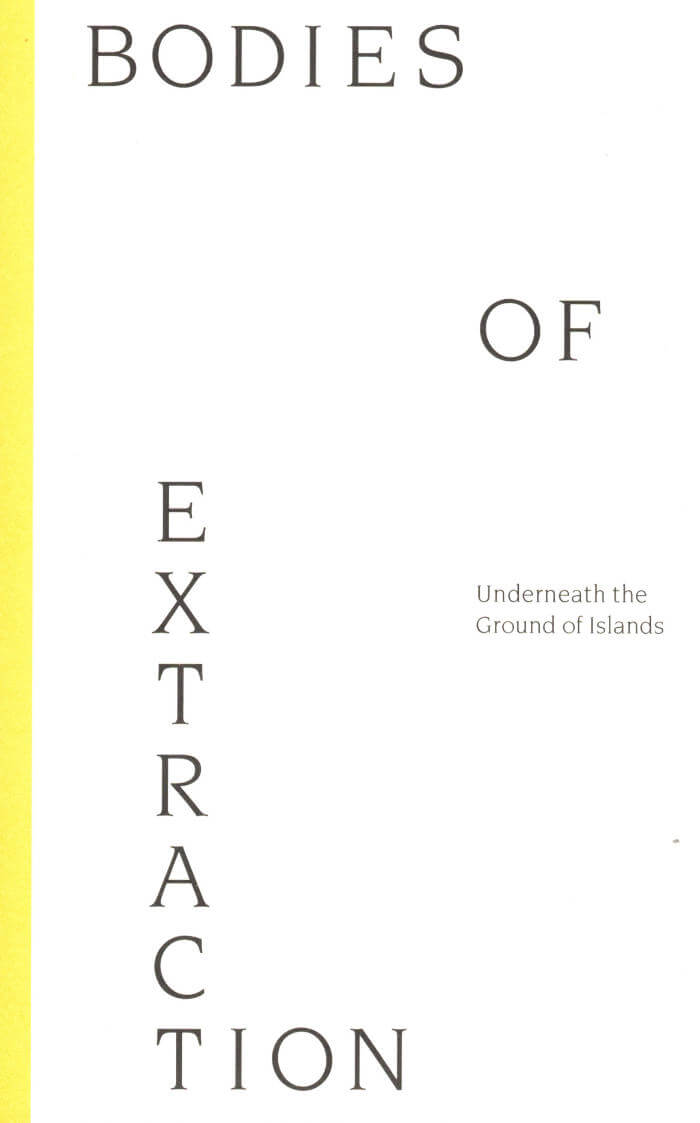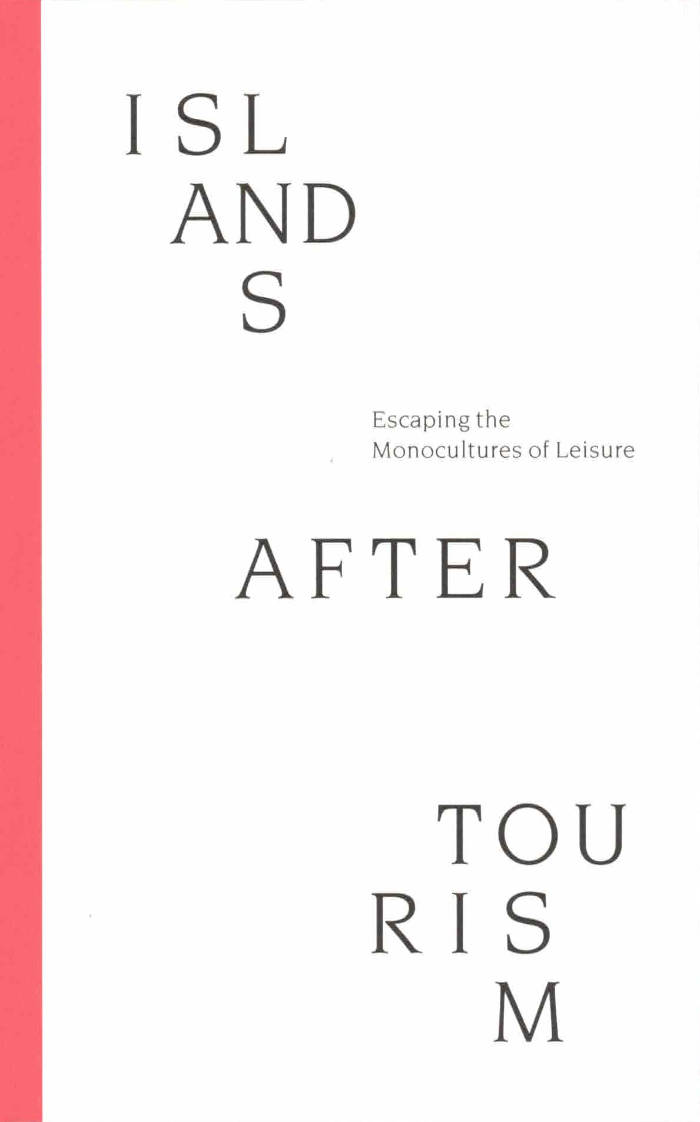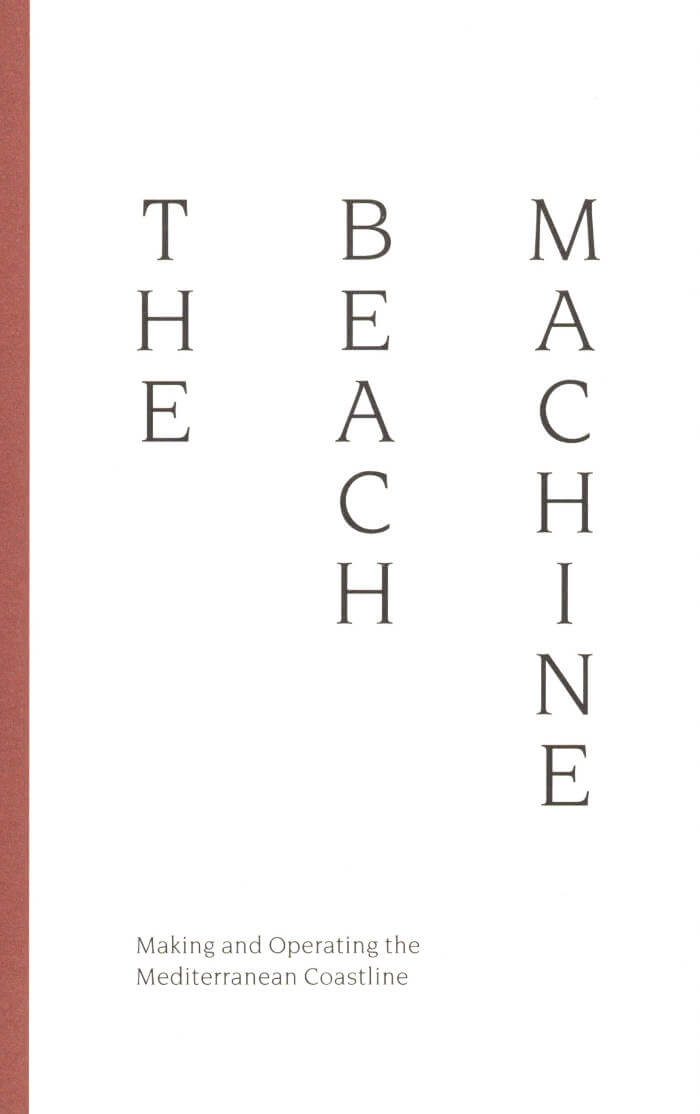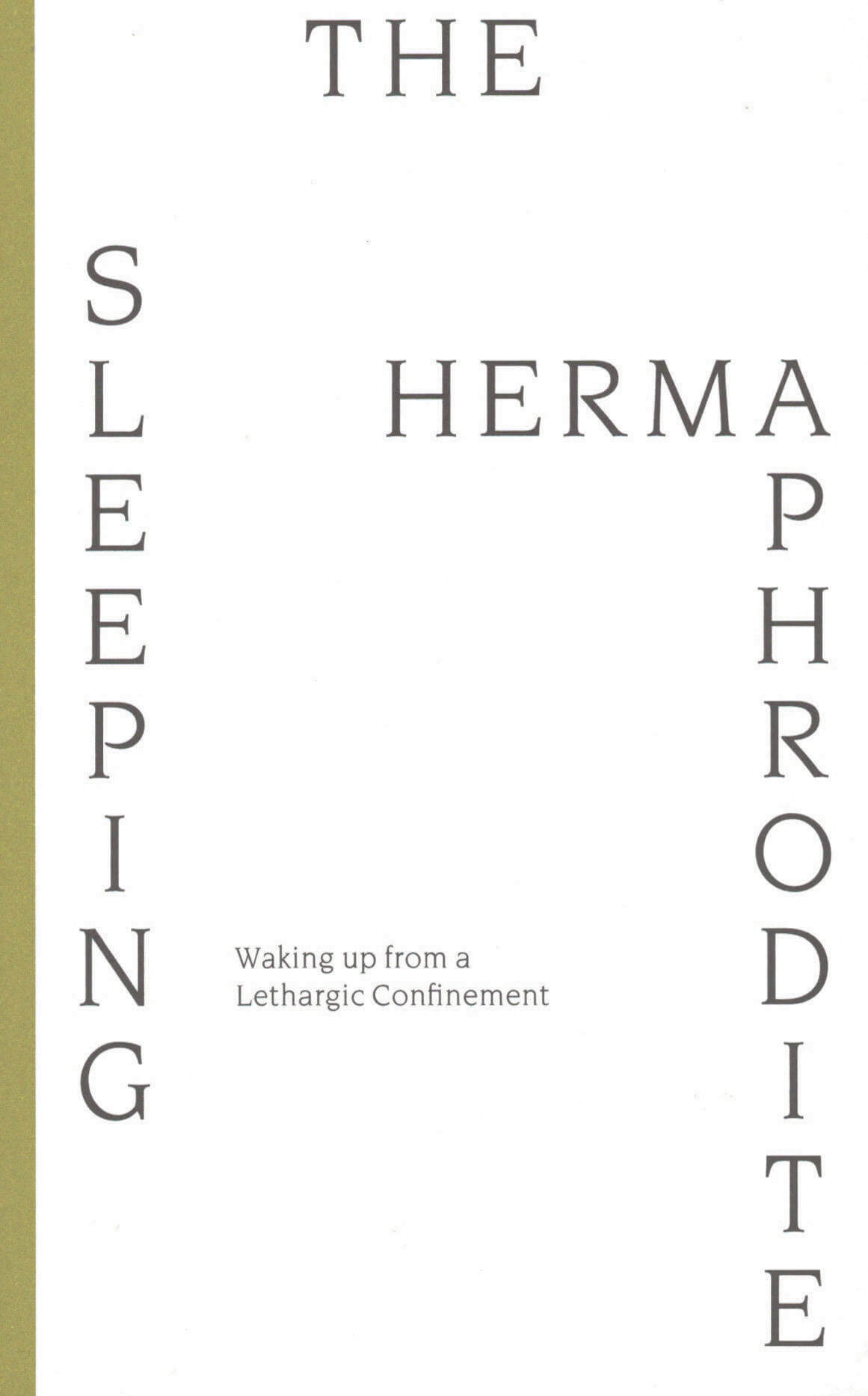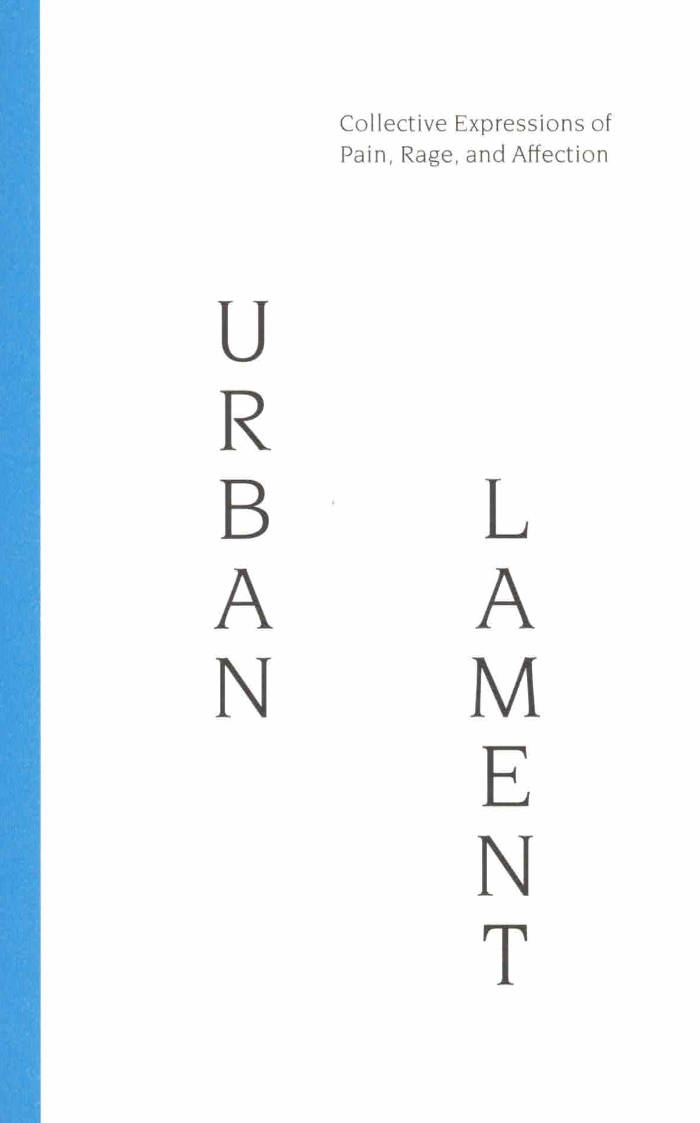
Public Health in Crisis
David Bergé, Hulya Ertas, Nicolas Lakiotakis, Dimitra Kondylatou
Epidemics and pandemics undermine societies and highlight the vulnerability of relations people have created to the land, other species, and each other. This book presents fragments of disease management in the Mediterranean from the 15th-century onwards and in the Aegean Archipelago in the last two centuries. From religious to medical approaches to the Bubonic Plague, through the creation of lazarettos, to the famine in occupied Syros, to ghost ships drifting on the Mediterranean: citizens are forced to avoid citizens. Public health in crisis: confinement versus mobility, awakening memories of totalitarian regimes.
CONTENTS
Impending Arrivals by Dimitra Kondylatou
Cruises to Nowhere
Covid-19 stricken Ships
Ghost Ships drifting on the Mediterranean
Suspended Arrivals by Dimitra Kondylatou
Le Corbusier Confined
Venice, Lazaretto and Black Death
Confined Spaces by Dimitra Kondylatou
Religious versus Medical Approaches to the Plague
Public Health and Public Order
Architectures of Control
The Lazaretto at Syros
Confinement and Totalitarianism, Famine in Occupied Syros
by Nicolas Lakiotakis
Panic Room. Waiting Room. Island.
by Hulya Ertas
